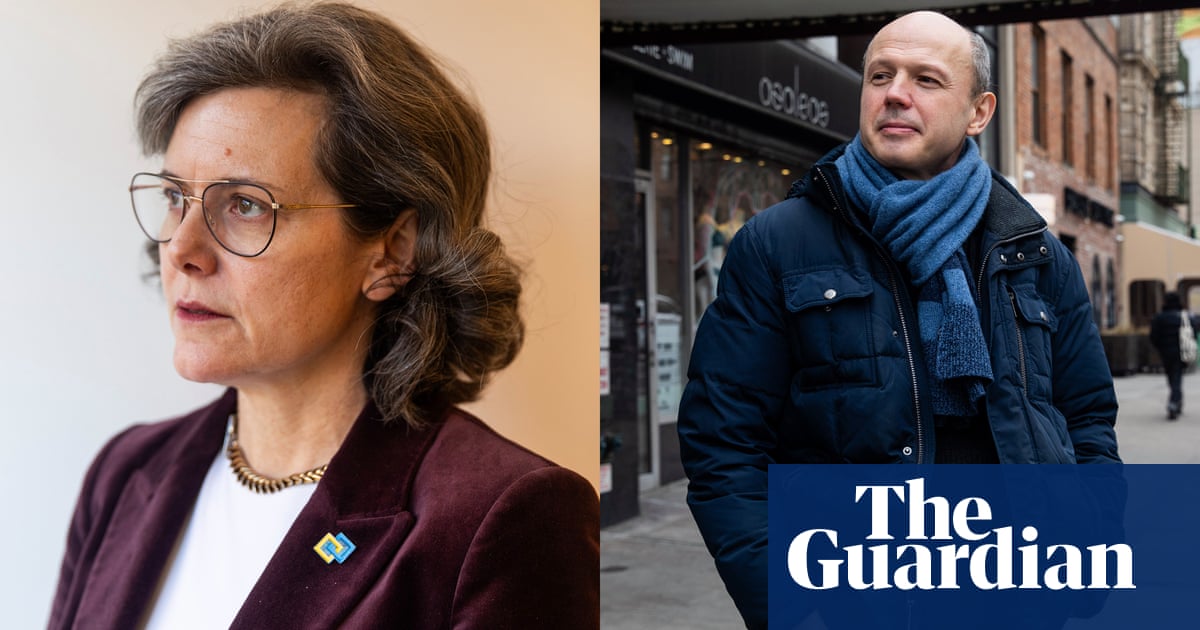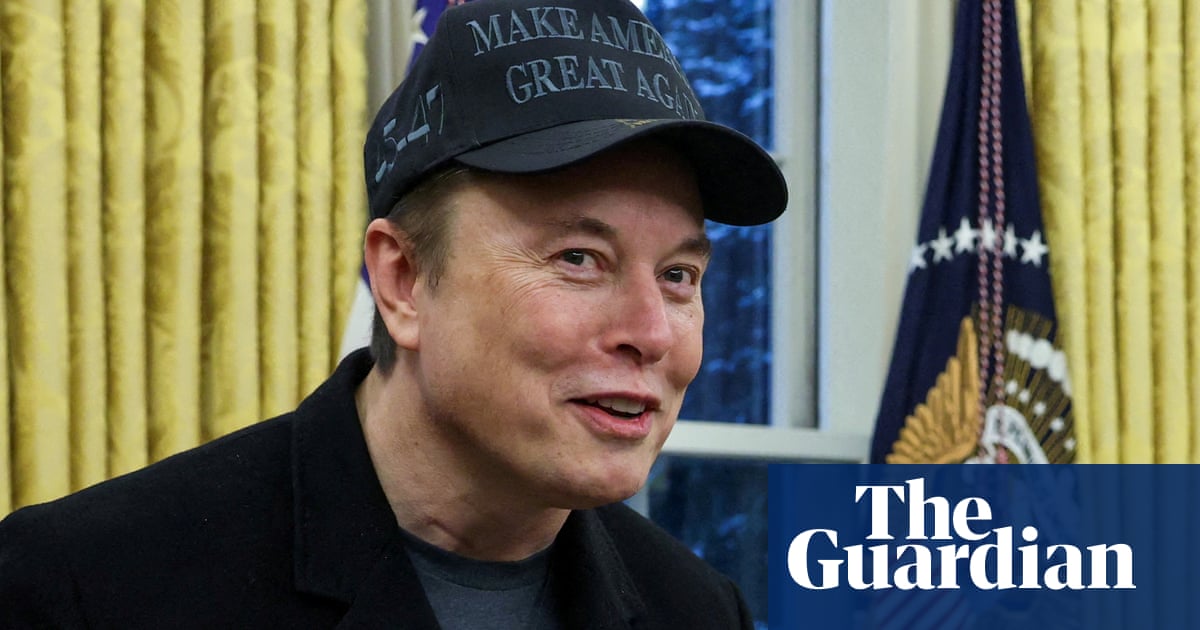As I write, there’s a window on my laptop screen that is providing a live view of a stampede. It’s logging the numbers of people joining the social network Bluesky. At the moment, the number of registered users is 20.5 million. By the time you read this there will be more than 30 million of them, judging by the rate that people are currently joining.
The proximate cause of it is the role that Elon Musk, owner of X (née Twitter), played in the election of Donald Trump, when a significant proportion of the platform’s 200 million-plus users realised that they’d been had – that they had, in effect, been useful idiots for Musk on his path to the centre of political power.
There had been an “Xodus” once before – in October 2022, when Musk took over Twitter – as people fled to a new, open-source network called Mastodon, but it was on a much smaller scale. At its peak in November 2022 it had 2.5 million users, but that number has dropped to just under 1 million now. The stampede to Bluesky is on an altogether bigger scale.
The puzzle, in a way, is why it took so long for the penny to drop; after all, many X users have been hostile to Musk for quite a while. The answer, in a nutshell, was network effects. They may not have liked the platform, but that’s where everyone was. “Twitter was the place people in my business had to be,” wrote the Nobel laureate and economist Paul Krugman. “What I used Twitter for was to learn from and interact with people possessing real expertise, sometimes in areas I know pretty well, sometimes in areas I don’t, like international relations and climate policy.”
But now Krugman is on Bluesky because, he says, it has suddenly “reached critical mass, in the sense that most of the people I want to hear from are now posting there. The raw number of users is still far smaller than X’s, but as far as I can tell, Bluesky is now the place to find smart, useful analysis.”
I stopped using Twitter when Musk bought it, tried Mastodon (and was unimpressed) and only recently joined Bluesky. At the moment, it feels eerily like Twitter in its very early days, when the platform enabled one to plug straight into the thought-streams of people one admired. “For now,” as web veteran Ian Bogost put it last week, “Bluesky invokes the feeling of carefree earnestness that once – really and truly – blanketed the internet as a whole.” It does.
What’s distinctive about it? Four things. Unlike Mastodon, it’s as easy as Twitter to use. There’s no overall algorithmic curation – you can “roll your own feed”, as someone put it – decide who you want to hear from. Every user is entitled to “free speech” but nobody gets “free reach” via a profit-driven algorithm. And finally, it runs on an open technical protocol that’s accessible to anyone; the underlying philosophy is that social networking is too important for any one company to control it. So anyone with the requisite technical smarts could set up their own network using the protocol.
This doesn’t mean that network effects lose their power, but it could be that the momentum of the stampede away from X, plus the power of an open protocol, means that we are seeing the beginning of the “splintering of social media”. If this has the effect of eroding the monopolistic grip on people’s attention currently enjoyed by Meta, X, LinkedIn and TikTok, then it’ll be a welcome development. At least people will then be freer to choose their favourite hypnotist.
But it won’t solve the bigger problem – which is what social media is doing to us and to our societies. The technology is at worst toxic and at best disabling for a democracy’s public sphere. Humans are a social species, but – as Robin Dunbar pointed out aeons ago – there’s a cognitive limit (about 150) to the number of people with whom one can maintain stable social relationships, and it mostly boils down to around 15 souls with whom one has meaningful exchanges. As a species, we didn’t evolve to be constantly talking to everyone. Addiction to social media, though – as Ian Bogost points out – means that we have to pay attention to the multitudes that turn up in our algorithmically curated feeds. Bluesky may make those feeds more congenial, but it won’t change the fact that we are still reduced to communicating in channels with a bandwidth not much wider than that of smoke signals.
What I’ve been reading
Here’s where we went wrong
Voters to Elites: Do You See Me Now? Interesting New York Times column by David Brooks. It’s a conservative’s apologia pro vita sua.
What Decca did next
Jessica Mitford’s Escape from Fascism. A nice essay by Noah McCormack in the New Republic on Mitford’s book Hons and Rebels.
Things to come
What the future looks like from here. Dave Karpf’s perceptive and realistic list of the consequences of Trump’s victory.

 3 months ago
42
3 months ago
42













































